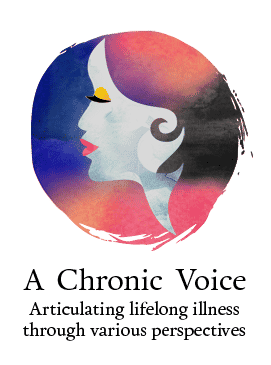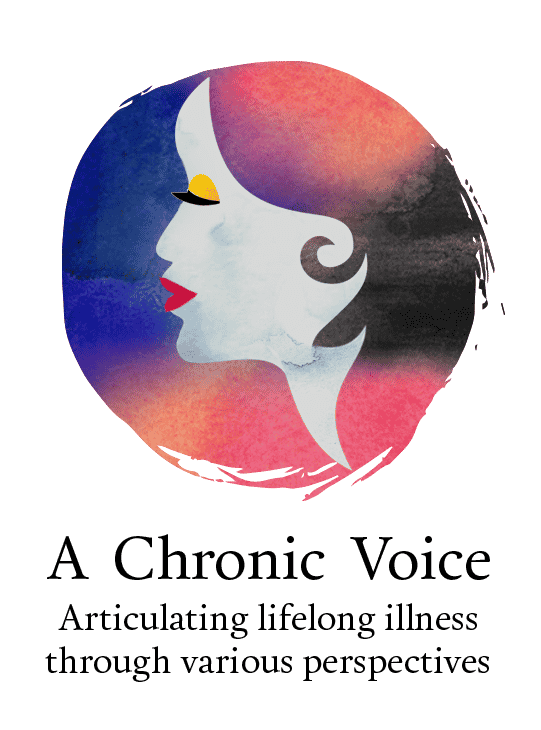I wrote about how some advice given by others can quite literally kill in a previous post. There are some great alternative therapies out there, but there is no one-treatment-fits-all when it comes to chronic illness. The Chinese herbal brew you consumed might work wonders for you, but trigger liver failure in someone else.
Many of these alternative therapies also come from unverified sources. Sometimes even ‘established’ ones can turn out to be false, such as this blogger who faked recovery from brain cancer, and proceeded to make money from launching an app and cookbook.
It can be difficult to weed out false data, and I’m sure I’ve reshared bits of incorrect information unwittingly as well. No one is to blame – with increased access to information comes an influx of opinions and theories as well. But I thought I would compile a quick how to guide on some ways we can all learn to verify sources of what we read and choose to spread. Mere words can become detrimental when others take the information as truth, and proceed to make life changing decisions.
Table of Contents
1. Is the Article Published by a Well-Established Organisation?
My concerns are somewhat appeased when the article comes from a well established and neutral newspaper, hospital or charity organisation. Their own credibility is on the line, so I assume that they would take a little more precaution. Having said that, we live in a time where speed is king. It has become quite common for newspapers especially to publish news that bear glaring mistakes.
I tend to regard independent sources with more precaution. Remember to fact check anything you find suspicious. Half of them end up as useful feeds, while the other half discarded for inaccurate data. Often these ‘facts’ are based on the author’s personal opinion or belief, with no proof.
Personal blogs and stories are a little different in agenda. Their purpose is often not to educate through mere facts, but aim at sharing experiences. It is one person’s point of view, and it can be interesting to see how others cope with a similar problem I might have. I do not follow medical advise from anyone online however, and would consult my own doctor first before trying anything new.
2. Who Wrote it?
The next thing you should do is to check on the qualifications of the person who wrote the article. Is he a qualified medical professional in that area of knowledge, or just someone who claims to be an expert? There are millions of ‘experts’ on the internet; anyone can claim expertise based on their sole opinion. But for something as serious as a medical issue, qualification and establishment is of primacy importance.
3. URL Names
A TLD is the end bit of a URL, with the most common ones being ‘.com’, ‘.net’, and ‘.org’. A TLD with ‘.gov’ or ‘.edu’ is the most reliable, as it indicates a government or education source. Some obvious shady ones are TLDs ending with ‘.xxx’ (for porn), ‘.xyz’, and anything that you don’t see in common usage.
Many domains also contain factual words in their names, such as ‘science’, ‘health’ or ‘medicine’. It can be called ‘realhealthfacts.com’ for example, but that does not mean that it truly is an established source of information. You don’t need qualifications to purchase a domain name online, you just need a credit card.
4. Has the Article Been Proof Read?
I mean, this one is pretty obvious isn’t it? If they aren’t bothered to do basic spell check and use proper grammar, how trustworthy can their content be?
5. Are There More Confirmations From Reliable Sources on Google?
To clear a doubt, you can always source for more information on Google, or better yet, on Google Scholar. For example, after reading an article about ‘The Symptoms of Type 2 Diabetes’, you can search for a specific symptom you were unsure about. Fact check it against other medical journals. If the information is controversial and not from a well regarded source, chances are it’s not quite the truth.
A Simple Checklist
All the above pit stops just to reshare an article might sound like quite a hassle! But it is knowledge we retain as truth in our minds, and advocate to others when we share it with them.
Here is a simplified checklist for quick reference:
1. Is it written by an established medical organisation? or
2. Is it written by a professional with the relevant qualifications?
3. Has the article been proof read?
4. Did they cite their sources?
5. Is the domain a reliable one?
6. Are there other established medical articles supporting the listed facts?
It is still possible to slip up even with this checklist, and that is okay. Should you discover that you might have posted something detrimental, take it down as soon as possible, or update it with a correction. If you have other questions or tips, feel free to reach out to me in the comments section below! Happy posting!
Read More: Advice That Could, Quite Literally, Kill
If you liked this article, sign up for our mailing list so you don’t miss out on our latest posts! You will also receive an e-book full of uplifting messages, quotes and illustrations, as a token of appreciation!
-
For More Insight:
- Bernie Sanders Could Replace President Trump With Little-Known Loophole (article on Huffington Post): https://goo.gl/TByPlb
- Evaluating Internet Resources (article on Georgetown University Library): http://goo.gl/b9rvJ
- Anatomy of a Domain Name and URL (article on Domain Sherpa): http://goo.gl/a0vjj1
- Determine If a Source Is Scholarly (article on University of Illinois at Urbana-Champaign): https://goo.gl/yDhKcQ
- Scientists Are Training Schoolchildren to Detect Health-Related BS (article on Mental Floss): https://goo.gl/ZAQHJX
- ‘I Write Fake News That Gets Shared on Facebook’ (article on BBC NewsBeat): https://is.gd/zUb1R4
- Websites Are Targeting the Chronic Illness Community and How You Can Help! (article on Chronic Illness Bloggers): https://goo.gl/t8pQJx
- Dr Google and the e-Patient Experience (article on JB Occupational Therapy): https://goo.gl/wdvf7R
- Bad Nutrition Advice Red Flags & Worst Nutrition Websites (article on Abbey’s Kitchen): https://goo.gl/J6WLda
- A Doctor’s Guide to a Good Appointment (The New York Times): https://goo.gl/8MjPhk
- How to read the news like a scientist (ted.com): http://bit.ly/2K0JaBi


